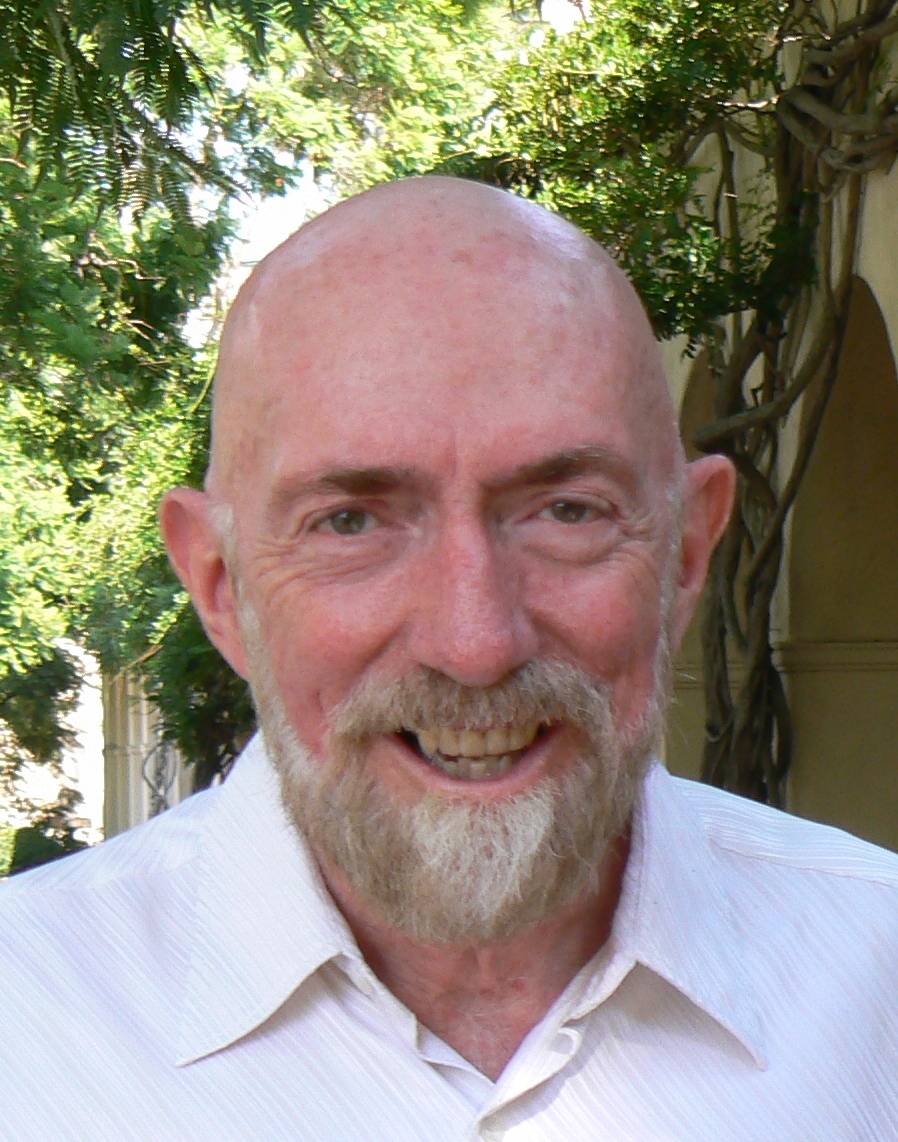Special Physics & Astronomy Colloquium: Dr. Kip Thorne Sept. 14
A half-century ago, John Wheeler challenged his students and colleagues to explore Geometrodynamics: the nonlinear dynamics of curved spacetime. How does the curvature of spacetime behave when roiled in a storm, like a storm at sea with crashing waves. Dr. Thorne and collaborators tried to explore this, and they failed. Success eluded them until two new tools became available: computer simulations and gravitational wave observations. Dr. Kip Thorne will describe what these have begun to teach us, and he will offer a vision for the future of Geometrodynamics.
 Dr. Kip Thorne, Feynmann Professor Emeritus of Theoretical Physics at the California Institute of Technology, specializes in the astrophysical effects of Einstein's General Theory of Relativity, especially black holes and gravitational waves. He was one of the founding members of the Laser Interferometer Gravitational Wave Observatory (LIGO) in 1984. The goal of LIGO is to observe gravitational waves from extreme astrophysical events. Gravitational waves were first predicted by Albert Einstein one-hundred years ago this year. While there is good indirect evidence for gravitational waves based on the behavior of binary pulsars, the first direct measurement of a gravitational wave was announced by the LIGO team on February 11, 2016. Two independent laser interferometers in Livingston, Louisiana and Hanford, Washington observed a gravitational wave on September 14, 2015. Analysis of the signal indicates the wave was produced by the collision of two black holes more than one-billion light years away.
Dr. Kip Thorne, Feynmann Professor Emeritus of Theoretical Physics at the California Institute of Technology, specializes in the astrophysical effects of Einstein's General Theory of Relativity, especially black holes and gravitational waves. He was one of the founding members of the Laser Interferometer Gravitational Wave Observatory (LIGO) in 1984. The goal of LIGO is to observe gravitational waves from extreme astrophysical events. Gravitational waves were first predicted by Albert Einstein one-hundred years ago this year. While there is good indirect evidence for gravitational waves based on the behavior of binary pulsars, the first direct measurement of a gravitational wave was announced by the LIGO team on February 11, 2016. Two independent laser interferometers in Livingston, Louisiana and Hanford, Washington observed a gravitational wave on September 14, 2015. Analysis of the signal indicates the wave was produced by the collision of two black holes more than one-billion light years away.
Professor Thorne is an accomplished author of books for scientists and the general public, and he was the scientific consultant and executive producer of the film Interstellar.
Please join the Physics and Astronomy Department for this special colloquium on Thursday, September 14, 2017, in the Spencer M. Partrich Auditorium at the Wayne State University Law School. Refreshments and mingling will begin at 3:30 p.m., and the talk will begin at 3:45 p.m.